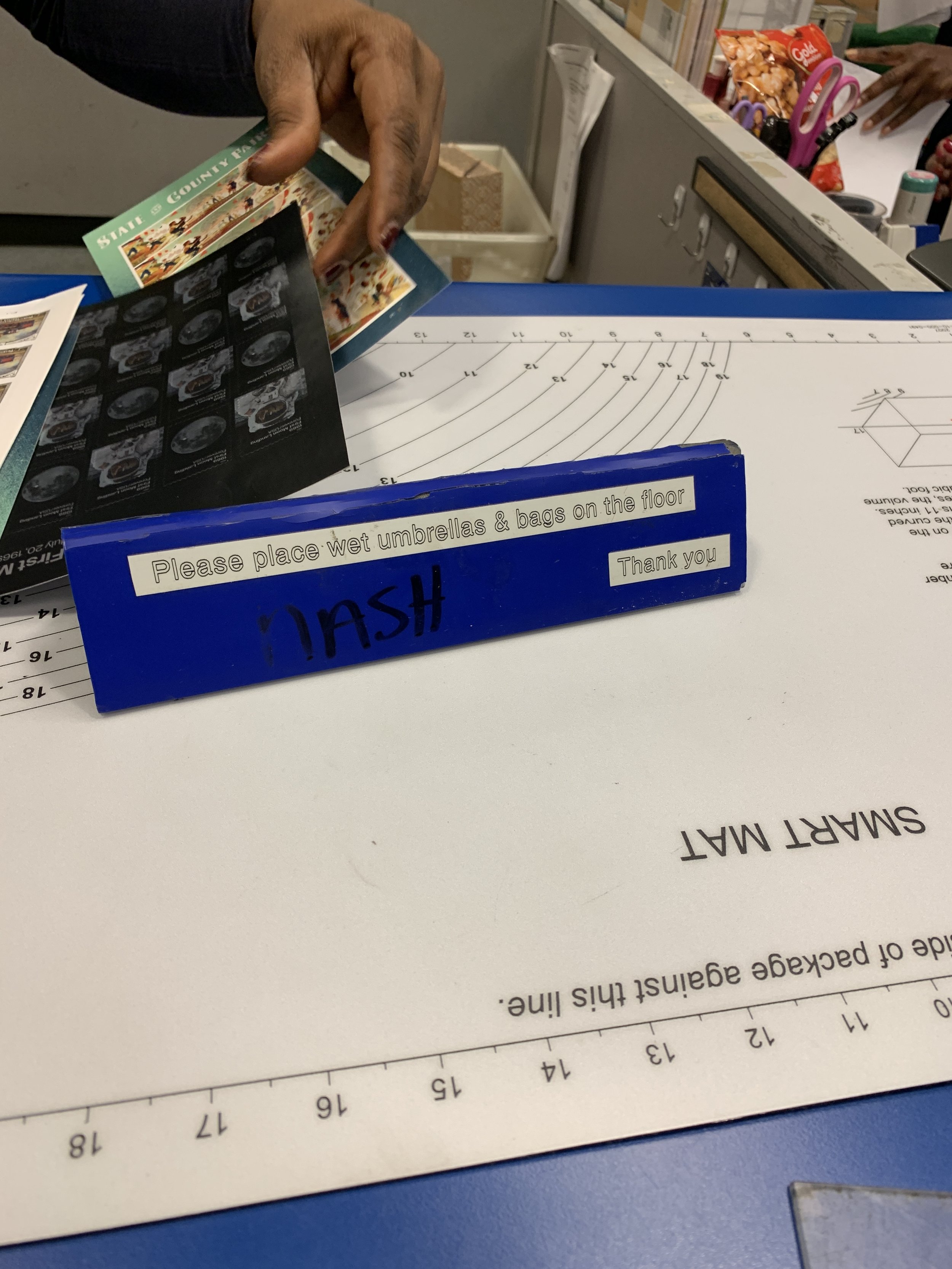There certainly has been a lot of news lately about different aspects of Perfect Propriety, both ridiculous and quite serious. Etiquetteer will comment on just a few today.
First off, Massachusetts state representative Daniel Hunt filed a bill to make use of the B-word a fineable offense. Filed on behalf of a constituent who one hopes meant well, this is the sort of Nice Gesture that can’t be executed efficiently. Yes, it would be Perfectly Proper for people not to call each other Nasty Names*, but this sort of language policing isn’t an efficient use of government. Social condemnation is the best way to convey that name-calling Isn’t Nice. Rep. Hunt has taken a lot of profane criticism for his sponsoring of this bill, but he seems to be taking it in the proper spirit.
Perhaps the most attention has been given to the pallbearer at the funeral of Rep. Elijah Cummings who refused to shake hands with Senate Majority Leader Mitch McConnell. (This account, while using some sensationalist language, provides the pallbearer’s motivations.) It’s interesting to reflect that so much of 19th-century etiquette, and earlier, had to do with cutting people socially. (Remind Etiquetteer to delve into this a bit more deeply another time, will you please?) Just about the worst thing that could happen to someone was to be told “Sir, I do not know you” and thereafter be ignored - or to have one’s profferred hand refused. (And to experience it is horrifying; it happened to Etiquetteer once.) This may surprise you, but Etiquetteer will not condemn the behavior. It’s an acceptable tool in the Perfect Propriety Cupboard. But, like that large piece of Good Silver you bring out every once in awhile, it’s only for Special Occasions and should be used sparingly.
A grandmother-to-be was killed when an explosive device for a gender-reveal party fatally malfunctioned. Etiquetteer can only express sympathy with this family, who obviously didn’t expect or seek this outcome. But this tragedy is a message to other families to dial down the level of spectacle they think is needed for This Sort of Thing. Gender reveal parties are no longer new, having become popular only ten years ago or so. The first device used to reveal a baby’s gender at such a party was a cake. Etiquetteer likes that idea, not just because it’s usual for birthdays, but also because it won’t explode. Of course you want your own gender-reveal occasion to be Different and Exciting. Etiquetteer wants to remind you that it already is, because it’s yours and not someone else’s. Please, cancel the pyrotechnics and call up a talented baker.
Finally, President Trump was roundly booed at a baseball game, including the chant of “Lock him up! Lock him up!” President Trump is hardly the first world leader to be booed in public; heckling rather comes with the job. And he at least responded appropriately, by not responding at all. But as he has encouraged fellow citizens to direct such behavior at his opponents in the past, Etiquetteer couldn’t help but remember the teachings of his Dear Mother, which included “As ye sow, so shall ye reap.”** It could also be said that Karma is a B**** . . . but Etiquetteer doesn’t want to get in trouble with Rep. Hunt’s constituent.
*You should just see the hairy eyeball Etiquetteer is casting at That Mr. Dimmick Who Thinks He Knows So Much right now! He ought to have his mouth washed out with soap . . .
**Biblical sources for this Old Saying include Galatians 6:7 and II Corinthians 9:6, the the phrasing is different.














































